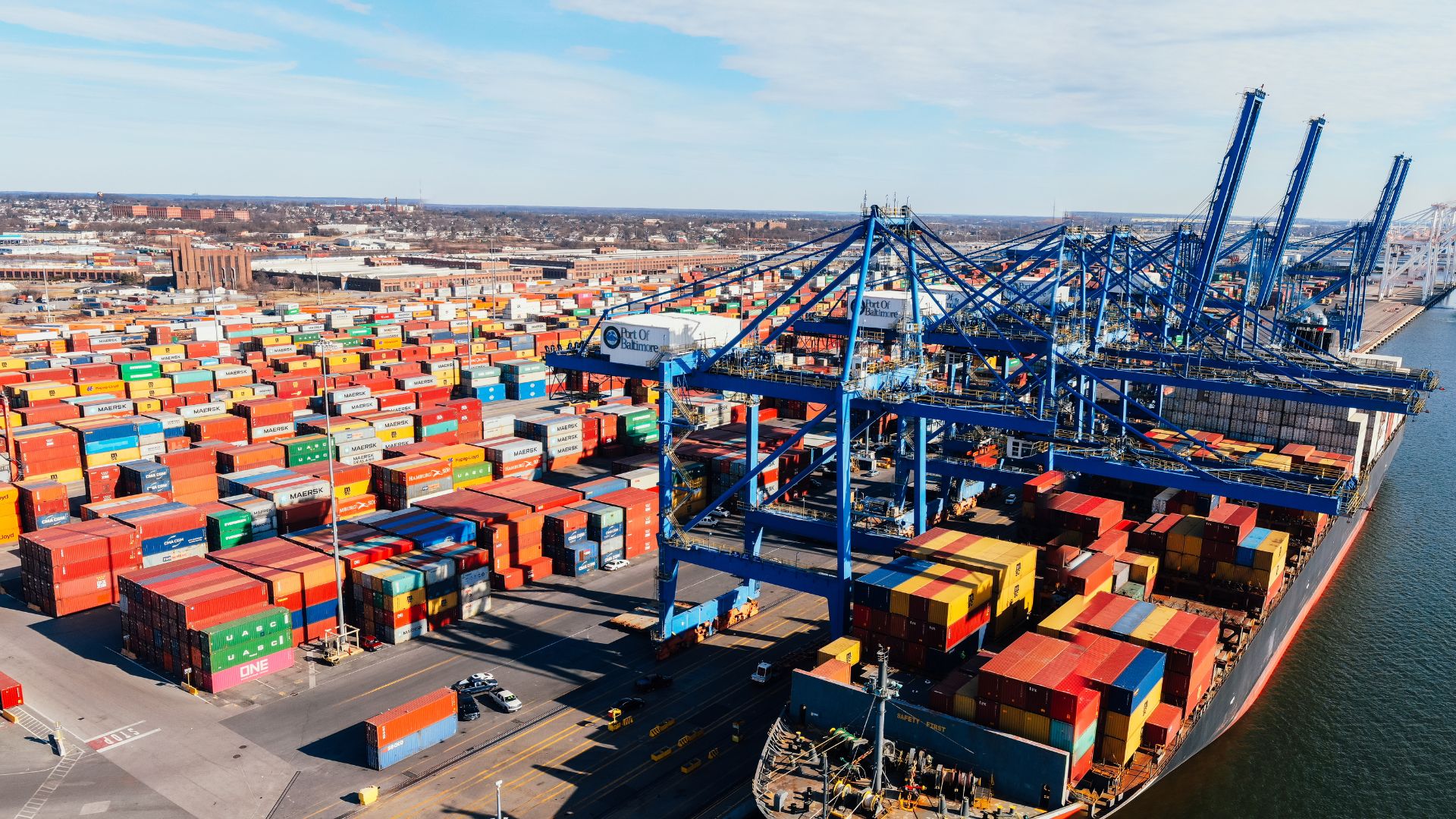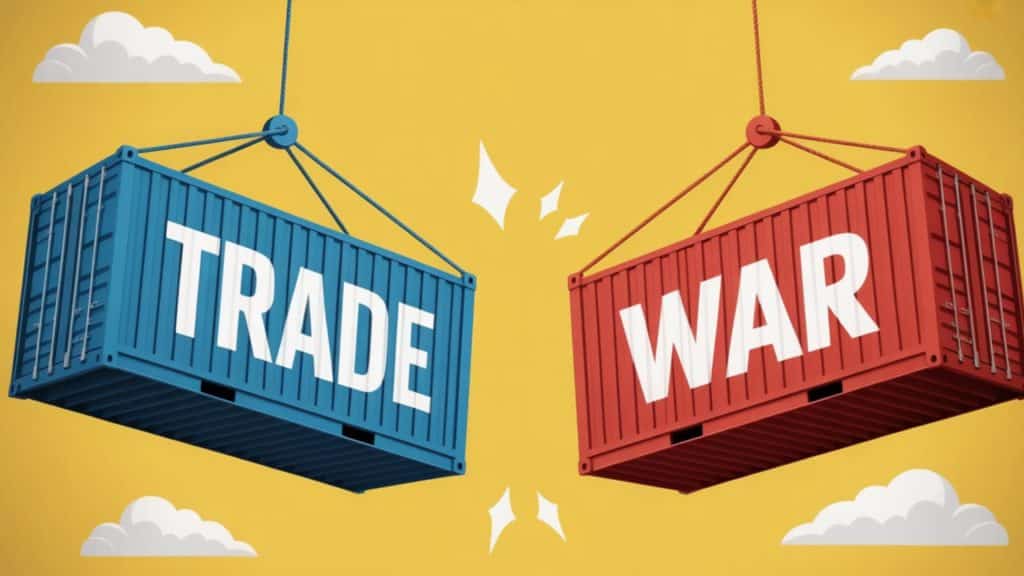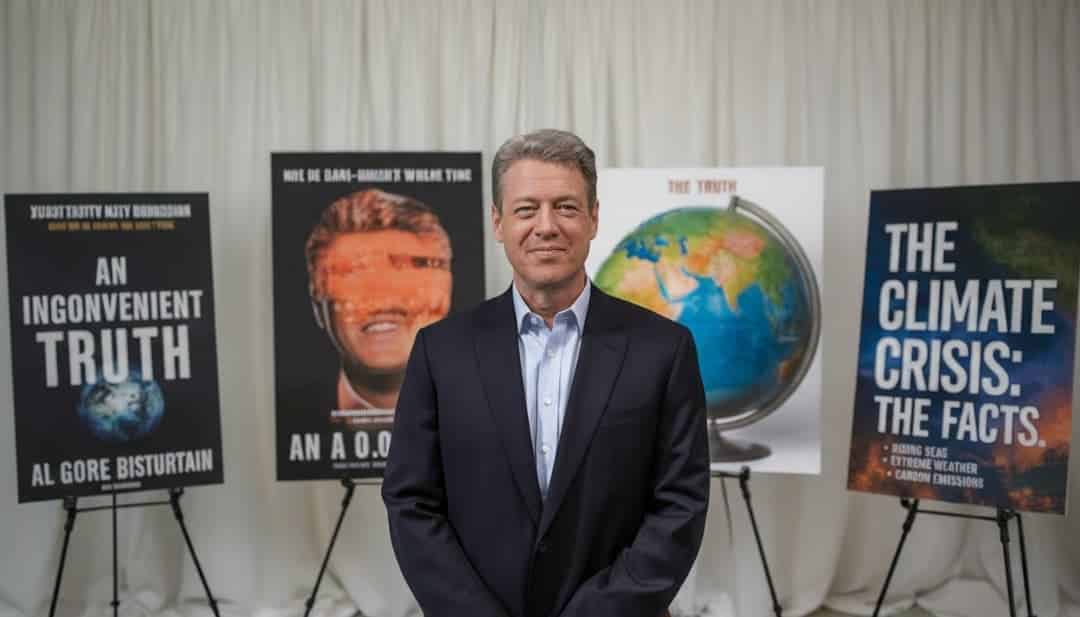Have you ever wondered how a single trade policy decision can send shockwaves across the entire global economy?
Trade wars represent one of the most powerful forces shaping international relations today. These economic battles between nations create ripple effects that touch every corner of our interconnected world.
From rising consumer prices to disrupted supply chains, trade conflicts affect millions of lives daily.
Countries impose tariffs and restrictions to protect domestic industries, but these actions often backfire with serious consequences.
The complex web of global trade means that no nation emerges unscathed from these economic battles.
In this blog, you’ll learn about major trade conflicts reshaping markets, their impact on national economies, and how they’re changing the future of international commerce.
What Are Trade Wars and Why Are They Rising?
Trade wars occur when countries impose tariffs, quotas, or other restrictions on each other’s goods and services to gain a competitive advantage in international markets.
The rise of trade wars is driven by several key factors that create tension between nations. Economic nationalism has gained strength in recent years as countries have prioritized domestic interests over global cooperation.
Key Drivers Behind Modern Trade Conflicts
- Economic imbalances between trading partners create friction and resentment.
- Domestic political pressure to protect local jobs and industries from foreign competition.
- Currency manipulation accusations arise when countries artificially devalue their currencies.
- Intellectual property theft concerns drive developed nations to retaliate against emerging economies.
- National security worries about dependence on foreign suppliers for critical goods.
These factors combine to create perfect conditions for trade conflicts. Politicians often use trade wars as a tool to appease voters who feel left behind by globalization and international trade agreements.
Key Trade Wars Impacting Global Markets

The US-China trade war stands as one of the most significant trade conflicts of recent decades, significantly impacting global commerce patterns and international relationships.
Other major trade conflicts include Brexit-related disputes, US-EU agricultural tensions, and various regional disagreements that create uncertainty for businesses worldwide.
| Trade Conflict | Key Players | Main Issues | Global Impact |
|---|---|---|---|
| US-China Trade War | United States, China | Technology transfer, IP theft, trade deficit | $50+ billion in tariffs imposed |
| Brexit Trade Issues | UK, European Union | Market access, regulatory standards | Supply chain disruptions |
| US-EU Agricultural Disputes | United States, European Union | Subsidies, food safety standards | Higher food prices globally |
| USMCA Negotiations | US, Mexico, Canada | Labor standards, energy policies | Regional supply chain changes |
| Japan-South Korea Trade Row | Japan, South Korea | Historical disputes, tech exports | Semiconductor market volatility |
These trade conflicts illustrate how quickly economic disagreements can escalate into full-scale wars, with bilateral disputes often becoming multilateral issues that affect multiple nations.
How Trade Wars Affect National Economies?
Trade conflicts create widespread economic disruptions that extend far beyond the countries directly involved in disputes.
Rising Consumer Prices
Tariffs on imported goods directly increase the costs for consumers who purchase affected products on a daily basis. Retailers typically pass these additional costs to customers through higher prices.
Companies often struggle to find alternative suppliers quickly when trade restrictions suddenly change market conditions. Sudden policy shifts disrupt production, causing delays that frustrate businesses and buyers.
Manufacturing Job Displacement
Protected industries may experience temporary job growth as domestic production increases to replace imports. However, downstream industries that rely on imported materials often face significant layoffs.
Global retaliation often cuts companies off from vital markets, eroding competitiveness and shrinking long-term growth opportunities.
Currency Market Volatility
Trade war announcements often trigger immediate currency fluctuations as investors react to changing economic conditions. Emerging market currencies tend to suffer more than those of developed nations during trade conflicts.
Central banks may intervene in currency markets to prevent excessive volatility that could destabilize their economies. These interventions can have unintended consequences for global financial stability.
Investment Climate Uncertainty
Businesses postpone major investments when trade policies remain unclear and subject to sudden changes. The uncertainty also discourages innovation, with firms shelving research projects until stability returns.
Foreign direct investment flows decline as multinational companies reassess their global strategies amid changing rules. Countries lose valuable capital and technology transfer opportunities.
Export Sector Disruption
Export-oriented businesses face reduced demand when trading partners impose retaliatory measures on their products. Agricultural sectors often suffer disproportionately from trade war escalations.
Small and medium enterprises struggle more than large corporations to adapt to changing regulations. These businesses lack the resources to identify new markets or quickly adjust their production methods.
Geopolitical Effects of Trade Conflicts
Trade wars often strain diplomatic relationships between nations, making cooperation on other issues more difficult. Economic disputes can escalate into broader political conflicts that affect global stability and peace.
Did you know? Trade conflicts have historically preceded military conflicts in approximately 40% of cases throughout modern history.
Countries involved in trade wars frequently seek new partnerships to reduce dependence on hostile trading partners. This realignment can shift global power balances and lead to the formation of new geopolitical alliances.
Regional trade blocs may strengthen as members seek alternatives to conflicted global trade relationships. These developments can lead to a more fragmented and less efficient global trading system.
Key Note: Nations that maintain neutral positions during trade wars often benefit by capturing market share from conflicted parties.
Influence of Trade Wars on Global Supply Chains

Supply chains represent the backbone of modern commerce, connecting raw materials to finished products across multiple countries and continents.
Trade wars disrupt these carefully constructed networks, forcing companies to rebuild relationships and find alternative suppliers.
Key Supply Chain Impacts:
- Manufacturing relocation: Companies move production facilities to avoid tariffs and access new markets.
- Supplier diversification: Businesses seek multiple suppliers across different countries to reduce dependency risks.
- Inventory management changes: Companies stockpile goods before expected tariff increases take effect.
- Transportation route adjustments: Logistics companies find new shipping paths to avoid affected trade corridors.
- Technology transfer restrictions: Limits on sharing technical knowledge slow innovation and development processes.
Future Trends in Trade Disputes and Policies
Global trade is expected to feature an increase in regional agreements as countries seek stability through multilateral organizations that effectively resolve disputes.
Technology and intellectual property will create major trade friction as nations compete fiercely for control over critical innovations.
Environmental concerns will drive new disputes as nations impose carbon taxes, creating barriers that disproportionately affect developing countries.
Digital trade rules become major negotiation points as e-commerce expands, forcing countries to strike a balance between privacy and trade principles.
Wrapping It Up
In summary, trade wars have proven to be double-edged swords, creating more problems than they solve for participating nations.
The interconnected nature of modern economies means that tariff battles spread far beyond their original targets, creating unexpected casualties worldwide.
While some industries may gain temporary protection, the overall costs typically outweigh any short-term benefits for national economies.
The lessons learned from recent conflicts show that cooperation and negotiation produce better outcomes than economic warfare.
As we move forward, finding the right balance between protecting national interests and maintaining global trade relationships will be crucial for sustained economic growth.
What strategies do you think countries should adopt to resolve trade disputes without resorting to damaging tariff wars?






































